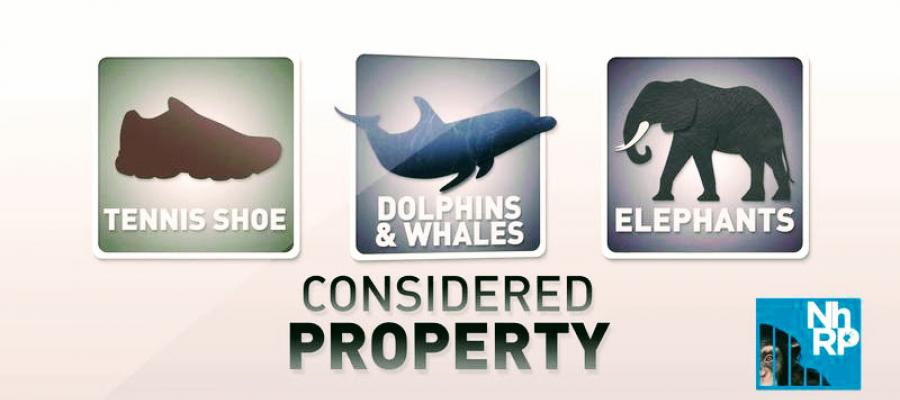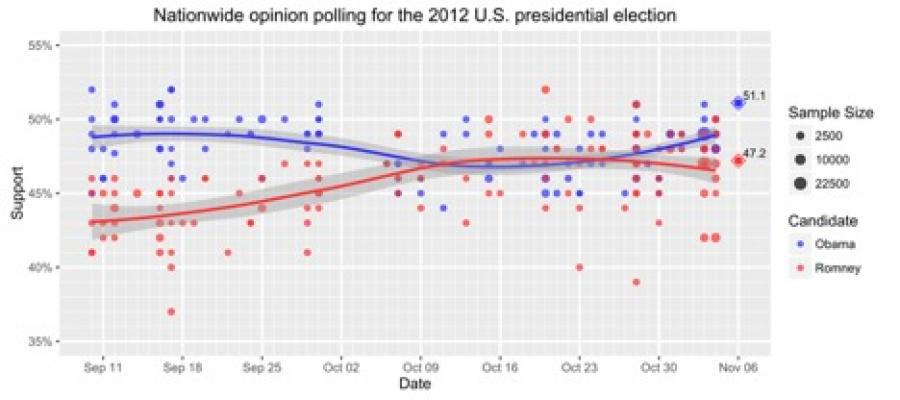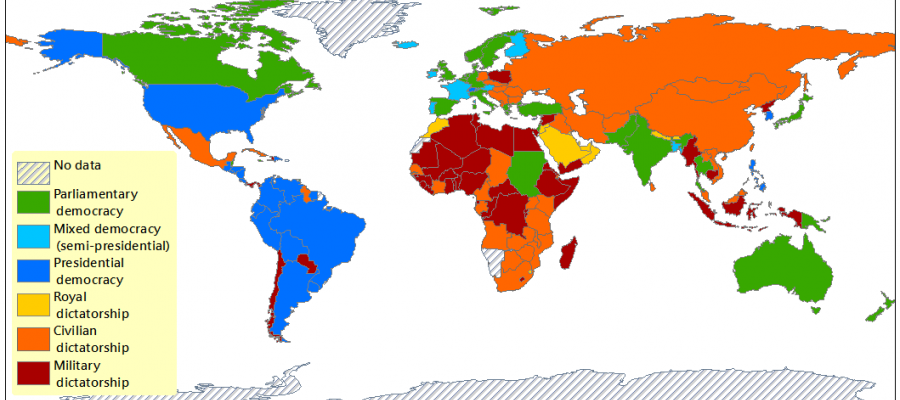Why do some people have a strange desire to do weird things for no (good) reason? There's something fascinating about kids who eat laundry soap as part of a “challenge,” or people who deliberately... Read more
A Tribute to Ken Taylor
04
Dec 2019
I was shocked and saddened to hear of the death of Ken Taylor, a long time friend, colleague, and co-host. Stunned, actually. A great man with a wonderful family, who have my deepest sympathy. I always thought of Ken as my younger brilliant energetic colleague. It wasn't his turn to die.
Read moreNonhuman Persons, Nonhuman Rights
24
Nov 2019
Should some nonhuman animals be regarded as persons in the eyes of the law? And should animals so-regarded be allowed to sue in court to protect their legal rights? These are some of the questions we’re asking in this week’s show.
Read more#Francis-on-Film: Parasite
20
Nov 2019
Parasite, the new critically-acclaimed film by the South Korean director Bong Joon-ho, challenges audiences to probe social parasitism amidst growing inequality in a largely affluent country. Who exactly are the parasites? And what makes them parasites?
Read moreSanctuary Cities
16
Nov 2019
What gives a city the right to offer sanctuary to unauthorized immigrants? Can local or state government ever be justified in defying the laws of the nation? These are some of the questions we’re asking in this week’s show, recorded live in front of an audience at SF State University.
Read moreWhy Not Change Your Core Self? Part II
12
Nov 2019
If you could snap your fingers and all your tastes and preferences would change overnight, would you do it? In my last post, I considered two kinds of answer to this question, but neither seemed satisfying, because neither gave us any reason not to make the change.
Read moreA Puzzle About Sacred Values Part II
08
Nov 2019
Classic theories of choice posit that our preferences are transitive. But in a recent blog, I wrote about how sacred values have the puzzling feature of violating transitivity. So how should we interpret the fact some people seem to violate transitivity, when it comes to sacred values?
Read moreHobbes and the Absolute State
03
Nov 2019
Shouldn’t citizens have a say in how they are governed? Or is that just a recipe for extremism, division, and war? Do we need a ruler with absolute power to maintain peace? This week we’re thinking about Thomas Hobbes and his views about citizenship and the state.
Read moreReal Horror
30
Oct 2019
We enjoy horror flicks because we know the horror isn’t real. The monsters are all make-believe monsters. But the idea that there are real monsters was and is regarded by many people with deadly seriousness, and not just by those who are shrouded in superstition.
Read moreWhy Not Change Your Core Self?
25
Oct 2019
Let’s say you could snap your fingers and all your various tastes and aesthetic preferences changed overnight. You would appreciate different foods, you would like different books, you would prefer different colors and clothing styles and jokes. Would you do it? I’m guessing your answer is ‘no.’
Read moreMachine Consciousness
21
Oct 2019
Is AI bound to outstrip human intelligence? Should we be excited about using it to enhance the human mind? Or should we fear the rise of robot overlords? These are the kinds of questions being raised not just in science fiction but in sincere prognostications about AI.
Read more#FrancisOnFilm: Downton Abbey
18
Oct 2019
As a Downton Abbey neophyte, I cannot comment on whether the movie satisfactorily resolves the loose ends from the series, but I can say that it reveals social tensions rather than resolving them. Class is both idealized and undermined, and outsiders are both heralded and ultimately absorbed.
Read moreShould We Trust Polls?
16
Oct 2019
One of the ideas I’ve seen cropping up on social media and in media punditry is that polls are untrustworthy. Such skepticism about polls seems to me to be part of a broader assault on objective, systematic research that has been on the rise since 2016.
Read moreThe Appeal of Authoritarianism
07
Oct 2019
Why do some people find authoritarian leaders so appealing? Why do they sometimes secure vast numbers of votes in democratic elections? Are humans naturally drawn to tyrants? These are some of the questions we’re asking in this week’s show.
Read moreMusic as a Way of Knowing
03
Oct 2019
When people talk about knowledge they usually mean what philosophers call “propositional knowledge”—knowledge of facts that can be articulated in language. But music can provide another kind of knowledge that cannot be expressed in language. It can provide experiential knowledge.
Read moreExplanation at Its Best
30
Sep 2019
What makes an explanation a good explanation? Isn’t the simplest explanation always the best? Why do people often swallow crazy explanations? Those are just some of the questions we’re asking in this week’s episode about the nature of explanation.
Read moreWhat's In a Picture?
10
Sep 2019
Pictures are so ubiquitous they often fade into the background of conscious experience. But there’s a special magic to pictures. When you see one, you don’t only see some colors on a surface, some marks jumbled together here and there; you see things—maybe bottles, people, or books—in the picture.
Read moreChanging Deniers' Minds
07
Sep 2019
How do we change the minds of climate deniers? Could learning about the science of global warming ever persuade a skeptic? Or are humans just too irrational to be persuaded by facts and evidence? These are some of the questions we’re asking in this week’s show.
Read moreAgainst Introspection
04
Sep 2019
It’s tempting to imagine that self-knowledge is easy to come by. All you have to do is introspect. The idea is that the mind is kind of like a clear glass fishbowl. If you want to know what’s going on, all you’ve got to do is take a look. But there are problems with this idea.
Read moreA Puzzle About Sacred Values Part I
29
Aug 2019
Classic theories of choice posit that our preferences are transitive. So, for example, if you prefer the apple to the orange and the orange to the banana, then you’ll also prefer the apple to the banana. Now one interesting question in psychology is the extent to which human preferences are actually transitive.
Read more#FrancisOnFilm: Once Upon a Time...
26
Aug 2019
Quentin Tarantino’s new film, Once Upon a Time… in Hollywood, retells the story of the murders committed by members of the Manson “family.” In the film, one of the cult killers says to her victims: “You taught me to kill. Shouldn’t I kill you?” This question is pointedly directed to members of the audience too.
Read moreHow Do Decisions Ever Get Made?
15
Aug 2019
Sometimes you will be faced with choices that are hard because of the great number of options there are, the difficulty of comparing them, or limitations on your information. They’re extra painful when stakes are high. It’s pretty amazing that such difficult decisions get made at all.
Read moreShould We Abandon the Canon?
12
Aug 2019
Should we still be venerating works by Plato, Shakespeare, Woolf, and company as “great books”? Should we still be reading them at all? Or should we simply abandon the "Western canon"? These are the questions we're asking in this week's show.
Read moreSelf Knowledge on Trial
06
Aug 2019
Most people seem think that knowing themselves is a good idea, or at least say that that’s what they think. “Know thyself,” is uttered reverently—as though it’s self-evidently a wonderful goal. I’m going to put self-knowledge on trial, and I’ll say up front that the case for the defence looks pretty thin.
Read moreThe Doomsday Doctrine
05
Aug 2019
Why worry about a nuclear doomsday how? The Cold War is over. At its height we had thirty thousand warheads pointed at the Soviets, they had forty thousand pointed at us—but we’re each down to a fraction of that. A climate doomsday seems much more likely.
Read moreA Simple Test for Fake News
25
Jul 2019
In 1729, Jonathan Swift published his satirical essay, “A Modest Proposal,” which offered selling babies for food as the simple solution to Irish poverty. But what if Swift had published a piece presented with the appearance of a legitimate news source, instead of clear satire? Would there be an easy way to tell it was fake news?
Read more- ‹ Previous
- 6 of 39
- Next ›



















